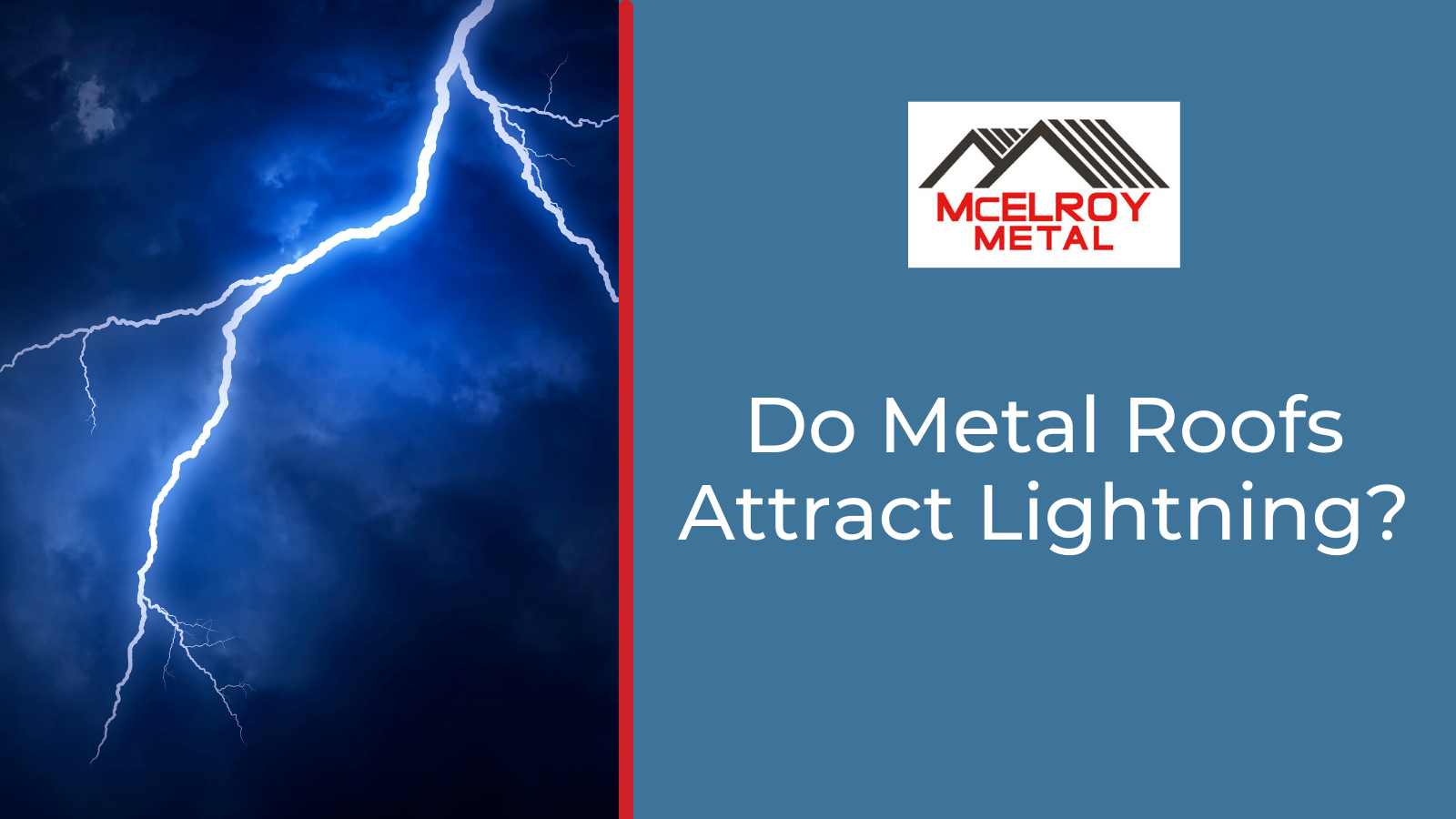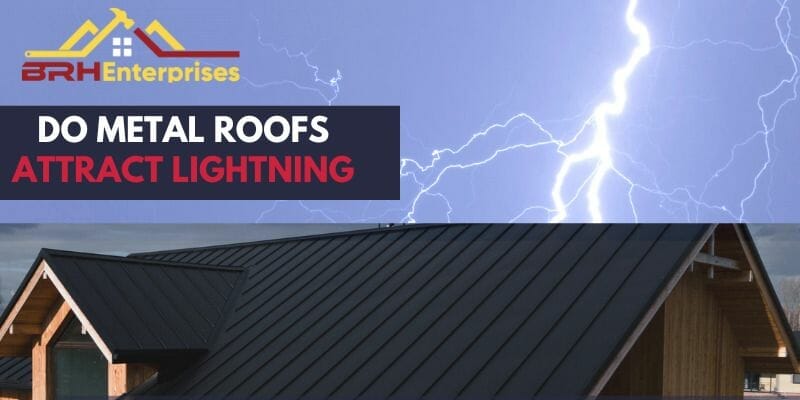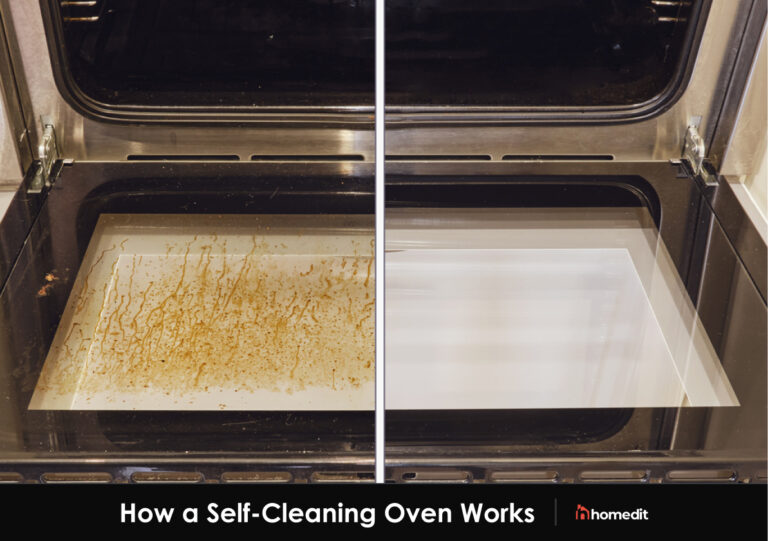Does A Metal Roof Attract Lightning
A metal roof is a great option for many homeowners because of its durability, energy efficiency, and low maintenance. However, one concern that some people have is that metal roofs can attract lightning. In reality, metal roofs are no more likely to be struck by lightning than any other type of roof. In fact, the lightning protection systems that are sometimes installed on metal roofs can actually reduce the risk of lightning striking your home. This article will discuss the facts about metal roofs and lightning, and how to protect your home from lightning strikes.
What is a Metal Roof?
A metal roof is an increasingly popular choice for residential and commercial buildings. It is strong, durable, and energy-efficient, and it can last up to twice as long as traditional roofing materials. But one common concern about metal roofs is whether they are more likely to attract lightning than other materials. The truth is that metal roofs are no more likely to be struck by lightning than any other type of roof.
The reason why metal roofs are not more prone to lightning strikes is because metal is a great conductor of electricity. When lightning strikes a metal roof, the electrical current is quickly dispersed throughout the material, preventing any damage or harm to the structure and its occupants. Metal roofs also generally have a lower profile than traditional roofs, which reduces the risk of direct contact with lightning.
In addition, metal roofs are often installed with lightning rods, which are designed to draw lightning away from the structure and redirect it safely to the ground. Finally, metal roofs are often coated with a special type of paint that is designed to help prevent lightning strikes. This type of paint is highly reflective, which helps to reduce the possibility of a strike.
Overall, metal roofs are no more likely to be struck by lightning than any other type of roof. However, it is still important to follow safety protocols, such as installing lightning rods and using reflective paint, to help protect your home and family from the potential dangers of lightning strikes.
Benefits of a Metal Roof
Metal roofs have become increasingly popular in recent years due to their low cost, energy efficiency, and durability. They are also incredibly lightweight, yet strong enough to protect against extreme weather conditions. But one of the biggest advantages of a metal roof is its ability to protect your home from lightning.
Metal roofs are highly resistant to lightning strikes, making them an ideal choice for those living in areas prone to severe weather. The metal acts as a conductive pathway that safely dissipates the electrical charge away from the building into the ground, thus preventing any damage to the roof or structure. This is why metal roofs are often specified in construction projects located in lightning-prone areas.
Metal roofs also provide excellent protection from the elements, such as hail, rain, and snow. The metal is resistant to corrosion and has the added benefit of reflecting heat, which helps to reduce cooling costs. Additionally, metal roofs are typically fire retardant and can last up to three times longer than traditional roofs.
In conclusion, metal roofs are a great choice for homeowners looking for a durable, low-maintenance, and lightning-resistant roofing option. With its numerous benefits, a metal roof is a wise investment in your home.
Disadvantages of a Metal Roof
Metal roofs offer a variety of advantages, but there are also some potential drawbacks to consider. One of the primary concerns with metal roofs is that they may act as a lightning rod, drawing lightning strikes and increasing the risk of fire or other damage.
Metal roofs can be constructed from a variety of materials, including aluminum, copper, tin, and steel. Each of these materials has its own unique set of advantages and disadvantages. Aluminum and tin are generally more lightweight and less expensive than steel and copper, but they are also less durable and may not be suitable for some climates. Steel and copper are more durable and can withstand the elements better, but they are also more expensive and heavier.
In addition to the potential for lightning strikes, metal roofs can be noisy. When it rains or when strong winds blow, the metal can create a loud noise that may be annoying to some homeowners. Metal roofs also tend to absorb more heat from the sun, which can increase cooling costs in the summer.
Finally, metal roofs are more expensive to install than traditional roofing materials, and they generally require more maintenance. Metal roofs are more difficult to repair than other materials and can be vulnerable to corrosion and rusting.
Overall, metal roofs can be a great option for some homeowners, but they may not be the best choice for everyone. Before making a decision, it is important to weigh all of the pros and cons carefully and consider all of the potential risks associated with metal roofs.
Does a Metal Roof Attract Lightning?
When it comes to protecting your home from severe weather, it’s important to consider all aspects of your home’s exterior. If your roof is made of metal, you may be wondering if a metal roof will increase the chances of your home being struck by lightning. The truth is that metal roofs do not attract lightning, but they offer some advantages over other roofing materials when it comes to lightning protection.
Metal roofs are capable of dissipating electrical charges because of their conductive properties. This means they can actually act as a shield for your home, absorbing the energy from a lightning strike and redirecting it away from your home. Metal roofs are also less combustible than other roofing materials, making them less prone to catching fire from a lightning strike.
Metal roofs also offer some additional benefits when it comes to lightning protection. They are more durable than other roofing materials, which can help to protect your home from the strong winds associated with stormy weather. And, because metal roofs reflect sunlight, they can help to keep your home cooler, reducing the likelihood of a lightning strike.
Overall, a metal roof does not attract lightning, but it can offer some added protection for your home and family. If you’re considering installing a metal roof, be sure to consult with a licensed roofer to ensure you get the best protection possible.

How to Protect a Metal Roof from Lightning
Metal roofs are becoming increasingly popular for homeowners wanting to upgrade their roofing material. Many homeowners are concerned that metal roofs attract lightning, but is this really the case? While metal roofs are not necessarily more likely to be struck by lightning, they do require some extra protection in order to safeguard your home from a potential strike. Here are some tips on how to protect a metal roof from lightning.
The most important step in protecting a metal roof from lightning is to install lightning rods. These rods are attached to the roof and are designed to divert lightning away from your home. Additionally, these rods should be connected to a ground wire which should be buried at least six feet underground.
Another important measure is to ensure that your metal roof is properly grounded. This will help to ensure that the lightning is properly dispersed and will reduce the risk of an electrical surge. Additionally, lightning arrester systems can be installed to protect your home from any electrical surge caused by a lightning strike.
Finally, it is important to make sure your home is equipped with a lightning safety system. This system should include surge protectors and lightning arrestors which will protect your home’s electrical system from any damage caused by a lightning strike.
By following these tips, you can help to ensure that your metal roof is well-protected from lightning strikes. While metal roofs may not necessarily be more likely to be struck by lightning, they do require some extra protection in order to keep your home safe.
Lighting Detection and Prevention Strategies
Lightning is a powerful and unpredictable force of nature that can cause extensive damage to homes and businesses. To protect your property from lightning strikes, it is important to understand how metal roofs interact with lightning and what strategies can be used to minimize the risk. It is well-known that metal roofs are more likely to be hit by lightning than non-metal roofs. This is because metal is a better conductor of electricity than other types of roofs. However, it is also important to note that metal roofs do not necessarily attract lightning; rather, they are simply more susceptible to being hit due to their electrical conductivity.
There are several strategies that can be used to reduce the risk of lightning damaging your property. Installing lightning rods is one of the most effective methods for protecting metal roofs. Lightning rods are designed to create an electrical pathway to the ground, which allows the lightning to safely discharge without causing any damage. Additionally, lightning protection systems can be installed to help disperse the electrical charge from the lightning away from the roof and other structures. Other strategies, such as maintaining a clear area around the building, can also help to reduce the risk of lightning strikes.
Overall, it is important to remember that metal roofs do not attract lightning, but they are more likely to be hit due to their electrical conductivity. By utilizing the strategies mentioned above, you can help to minimize the risk of lightning damage to your property.
Insurance Considerations for a Metal Roof
When it comes to installing a metal roof, there are many considerations to be made. One of the most important considerations is the impact that a metal roof can have on your insurance. Metal roofs are notorious for being prone to lightning strikes, and insurance companies take this into consideration when setting rates. While metal roofs are generally more expensive to insure, there are some steps that homeowners can take to reduce the cost.
Firstly, if your home is located in an area prone to lightning strikes, it is important to install a lightning protection system. This system can help to reduce the risk of lightning damage, and can be installed by a qualified professional.
Secondly, it is important to make sure that your metal roof is properly grounded. By having it properly grounded, it will reduce the risk of an electrical surge caused by a lightning strike.
Finally, homeowners should check with their insurance provider to see if they offer discounts for metal roof installation. Some providers will offer discounts for certain types of metal roofs, so it is important to ask.
Overall, while it is important to consider the insurance implications of a metal roof, it is possible to reduce the cost of insurance by taking certain precautions. By installing a lightning protection system, making sure the roof is properly grounded, and asking your insurance provider about discounts, you can reduce the risk and cost of having a metal roof.
Conclusion
When it comes to lightning, metal roofs are no more prone to lightning strikes than any other type of roof. The likelihood of a lightning strike is determined by the surrounding environment, not the type of roof. However, metal roofs are an excellent choice if you’re looking for better protection from the elements. Metal roofs offer superior durability and are resistant to wind, hail, and other weather-related damage. Plus, metal roofs offer higher fire resistance than other roofing materials. So, if you’re looking for a reliable, long-lasting roofing solution, a metal roof may be the best choice for your home.
FAQs About the Does A Metal Roof Attract Lightning
1. Is a metal roof more likely to be struck by lightning than other roofing materials?
No, metal roofs are not more likely to be struck by lightning than other roofing materials. All types of roofs, regardless of material, can be struck by lightning if they are the tallest objects in the area.
2. Can a metal roof help protect my home from lightning strikes?
Yes, a metal roof can help protect your home from lightning strikes. Metal roofs are non-combustible and are able to act as a lightning conductor, helping to disperse the electric charge of a lightning strike to the ground.
3. Is a lightning rod necessary if I have a metal roof?
No, a lightning rod is not necessary if you have a metal roof. Metal roofs are designed to disperse the electric charge of a lightning strike to the ground, making a lightning rod unnecessary. However, if you are concerned about lightning safety, a lightning rod can be installed as an extra precaution.
Conclusion
In conclusion, metal roofs do not attract lightning. Metal roofs are no more likely to be hit by lightning than any other type of roof. While it is true that metal is an excellent conductor of electricity, lightning will not seek out metal roofs. Lightning typically strikes the tallest object in the area, regardless of the material it is made out of. If a metal roof is the tallest object in the area, then it is more likely to be struck by lightning than any other type of roof.





